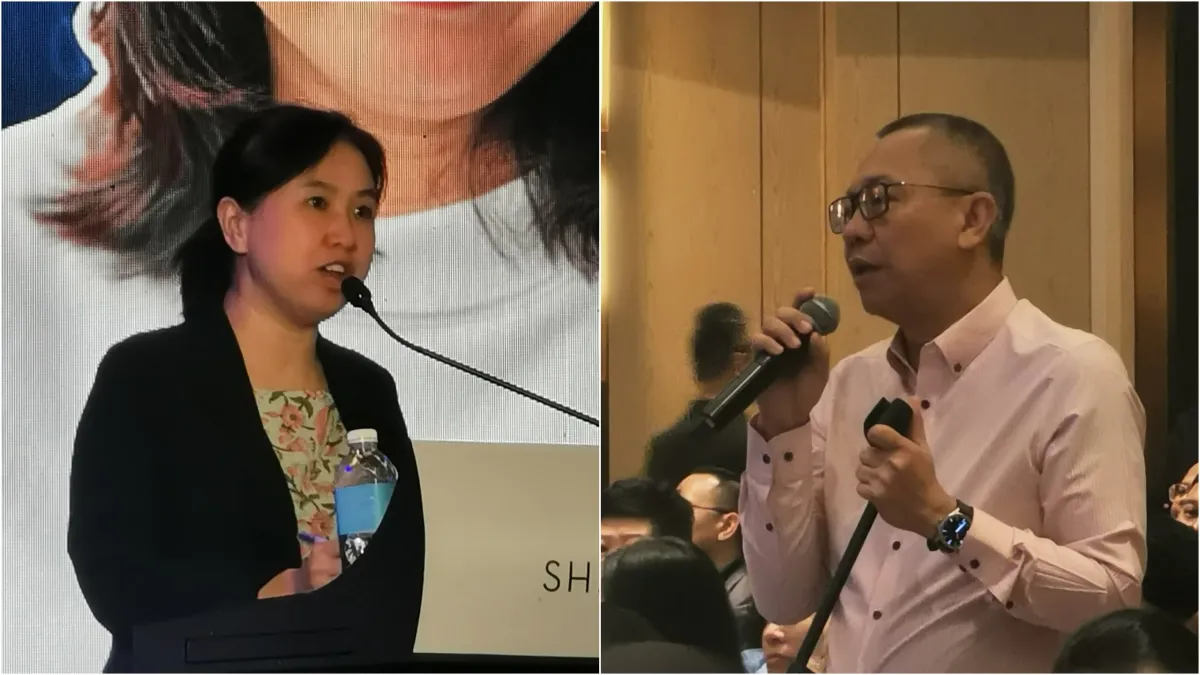By Editor NL Shikin Louis
By Shikin Louis
KUCHING, July 3: Malaysia should focus on strengthening existing laws to regulate artificial intelligence (AI) instead of drafting entirely new legislation, says Khazanah Research Institute (KRI) researcher Dr Jun-E Tan.
Responding to a question during her presentation on ‘Digital Rights & AI Governance in Malaysia’ at the Sarawak Media Conference (SMeC) 2025 held at Sheraton Hotel here today, Dr Jun-E pointed out that while there is a growing appetite for AI-related regulations, there is also an urgent need to identify gaps in current laws and amend them accordingly.
“At the same time, I think we already have many existing laws that can be amended and made fit for purpose, so we shouldn’t only be looking at a full A-to-Z lawmaking approach.
“Instead, we should focus on identifying gaps in existing laws and work from there to amend them. I guess the takeaway is that all of us are working really hard on this,” she said.
She further highlighted that efforts should include improving transparency, collecting data on AI incidents, and drawing from that information to make informed policy decisions.
She added that recent legal developments such as the Online Safety Act and Data Sharing Act, which were passed quickly last year, indicate the urgency to address digital challenges and AI safety.
Dr Jun-E was replying to Deputy Minister in the Sarawak Premier’s Department (Corporate Affairs and Sarawak Public Communications Unit) Datuk Abdullah Saidol, who asked whether KRI’s AI governance recommendations have been taken up by the federal government, and if ministries or other agencies have engaged with KRI on legal frameworks.
Abdullah, who was formerly involved in the drafting of the Malaysian Code of Corporate Governance, noted the similarities in approach between corporate and AI governance. He raised concerns over how AI laws will be enforced, and whether they would involve amending key legislation such as the Communications and Multimedia Act 1998 or even the Penal Code.
In response, Dr Jun-E explained that KRI is actively involved in national policy discussions through various working groups.
These include the National Blockchain and Artificial Intelligence Committee (NBAIC) under the Ministry of Science, Technology and Innovation (MOSTI), as well as the National AI Office’s (NAIO) working groups on AI safety and standards.
She revealed that the Legal Affairs Division (BHEUU) under Prime Minister’s Department and the Digital Ministry (KD) have expressed interest in formulating an AI-related regulatory framework, and that KRI has been providing input through engagement with civil society organisations better connected with legal institutions.
Dr Jun-E emphasised that non-legal frameworks also have a role to play, especially in increasing transparency and mainstreaming ethical AI practices.
Meanwhile, Abdullah suggested that future forums involving legal practitioners should be organised to explore the implications of AI governance on criminal and civil matters, given that AI law is an emerging area in legal practice. — DayakDaily
